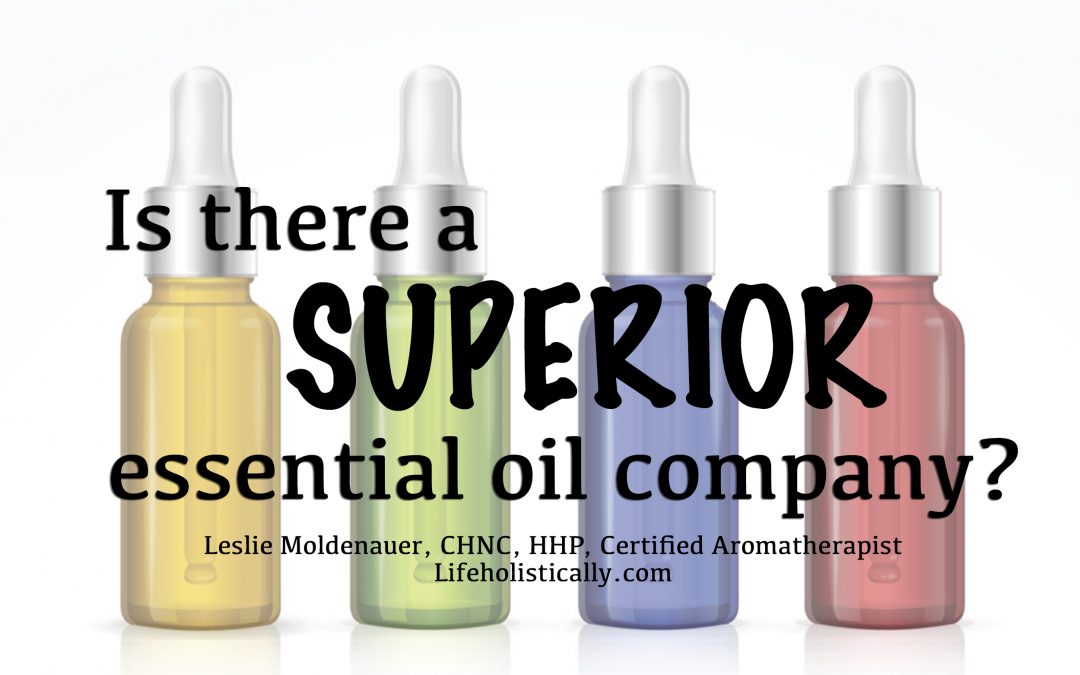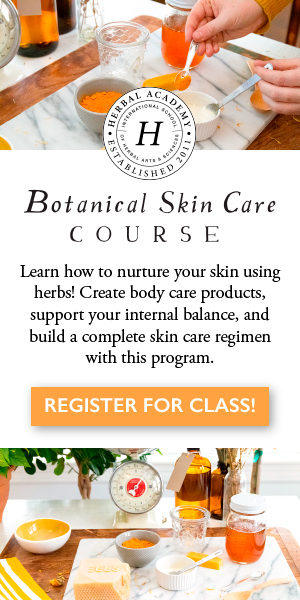Which essential oils are the purest? Which ones are the only therapeutic grade oils? I jest with these questions, because there is simply not one superior company, one that gets the superior standard gold star, the only one safe for internal use, the best above the rest, and the most recent claim, refuted in my Facebook group, exclusivity with over 90% of their growers and distillers, well on their way to 100%. Is there a superior essential oil company?
*You might be surprised to know how many distillers provide oils to more than one company. It is a pretty small world.
Anyone that uses essential oils is well aware that there are no set standards, why is this? Essential oils are not currently regulated anywhere in the world. This has its benefits, but also plenty of disadvantages.
You may have been in a grocery store or health food store recently and seen a generous display of essential oils, many companies you may have never heard of before. Do a little investigative work. Do they have multiple oils all at the same bargain price? If so, this should be a warning sign. Essential oils should vary in price. Lemon, orange, peppermint, maybe similar. But oils like chamomile, frankincense, vanilla, and rose, should be significantly higher. (Not an all-inclusive list)
Specific essential oils can be quite costly. Let’s look at Rose Otto Rosa damascena from Bulgaria as an example. I quickly compared prices from 5 different essential oil companies and found an average price of $175 for 5mls. If you find a company selling the same oil for much cheaper, and is claiming to be 100% essential oils, not an oil blend, this is a red flag. Make sure you are paying attention to pricing.
Let’s face it, there are oils on the market that are adulterated, synthetic and simply nothing more than a fragrance oil, nothing more than a pretty smell, and knowing this is incredibly important. Crucial, in fact. These facts, however, have opened the door for plenty of mudslinging on the opposite end of the debate, the one of purity.
*To stay on top of essential oil companies that are known to be fraudulent, follow Dr. Robert Pappas on Facebook, a trusted chemist who calls it like it is. I sure do appreciate his blunt approach in calling a spade a spade in order to keep us safe, quite similar to someone else I know!
There are quite a few companies that I can recommend with 100% faith that they have quality essential oils. These oils are GC/MS tested and are proud to share those results with you, the buyer. This should be made available to you BEFORE you purchase, not after, which completely misses the reason for providing the test to their customers.
*Contact me with questions and recommendations @Lifeholistically@gmail.com
Gas chromatography (GC), mass spectrometry (MS), analyzes the constituents in essential oils. The testing provides a blueprint, and it can reveal additives. The GC/MS report is not the ONLY method to use, but it is a great place to start.
A GC/MS test can detect if an oil has been rectified. It will also reveal traces of solvents or mineral oils, so there is valuable information found within the report.
I understand not everyone knows how to read these reports, but I encourage you to find a supplier that you can trust. So how can you do that? Word of mouth is a fantastic way, not from just anyone, but a qualified professional.
*Want some tips on how to read the reports provided to you? Here is a GREAT resource, just copy and paste the URL into your search bar…..
Part I
http://phytochemiaactaen.blogspot.ca/2015/02/quality-control-101-part-i-third-party.html
Part II
http://phytochemiaactaen.blogspot.com/2015/10/quality-control-101-part-ii-how-to-read.html
Those that follow this blog know that I do not align with only one essential oil company; I buy from five or more, depending on what I am looking for. One thing I am not willing to do is to pay steep and unreasonable upcharges from any company, quality or not. A girl has to have a budget somewhere!
*When it comes to teaching essential oil safety, what oil you use makes no difference to me. You are ALL welcome.
Besides a GC/MS test report, what else should we be looking for?
All companies should share with you the common name, Latin name (genus and species), batch number, type of extraction (steam distilled or cold-pressed, etc.), chemotype when relevant, and how the plant was grown (conventionally/traditionally, wild-crafted, or organic). The more you know, the better.
In addition to all of this, your essential oil company should be transparent in regard to their dilution ratios when needed. If you have a blend that contains a phototoxic essential oil, or one with a maximum dilution ratio for safety purposes, which is common with anti-germ blends btw, these pieces are a need to know.
There are companies that state that they are not willing to share that information as the blend is a proprietary blend, but sharing the overall dilution or dilution of the oil in question by stating, “stays under the maximum dilution ratio of xyz”, “dilutions are safe for application to the skin”, or “2% dilution” are very critical pieces of information.
Work to develop a relationship with your supplier. Ones that want your business will answer any questions you have, happily. If you buy a significant amount of oils, you can skip the middleman so to speak and go directly to the distiller.
Here are a few other key qualities to look for in a company.
*Make sure your company has a strong noncontroversial reputation in the industry; this includes the overall attitude and professionalism of the owners if they are present on social media.
*Pick a company who has been in the field for a number of years and is well known/recommended by aromatherapy practitioners/educators.
*Do they follow the laws both on their label and their website? Do they make grand health claims for their products? Pay attention.
*As mentioned above and is crucial, your company should be dedicated to answering all of your questions to the best of their ability.
Many companies claim that their product is superior, from essential oils to herbs, to food, and more. This is expected. Opinions are even more so. The important thing to remember is authenticity. Marketing is expected, but fabricating?
Know the facts.
Like so many practices in life, I encourage you to become educated on the proper use of essential oils. When using them, please do so cautiously, understanding that there is often misinformation on the internet. You can be assured that I support only educated and proven resources. While essential oils should not be feared they should be respected and used properly to ensure the safety of the individuals using them.
Please note that I am not a medical practitioner. The content of this website is provided for general informational purposes only and is not intended as, nor should it be considered a substitute for, professional medical advice. Do not use the information on this website for diagnosing or treating any medical or health condition. If you have or suspect you have a medical problem, promptly contact your professional healthcare provider. By using this website, you assume full responsibility and liability for your own actions.
BEFORE YOU GO! Remember to sign up for my FREE Facebook group! Hang out with me and THOUSANDS of other Essential Oil lovers looking to learn, click on to join Real Essential Oil Education Group!




